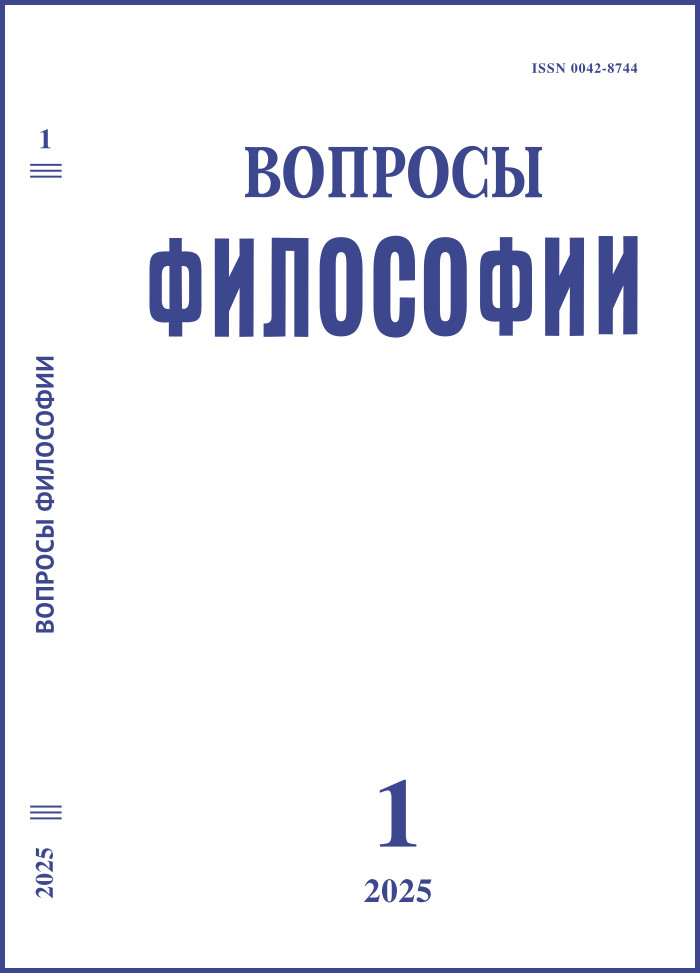Philosophy of Education and the Digital World: Strategies of Appeal
DOI:
https://doi.org/10.21146/0042-8744-2025-1-63-74Keywords:
socialization, education, transpedagogics, existentials of childhood, digital reality, trolling, cosmism, constants of life, subject-witness, responsibilityAbstract
The article substantiates the importance of the systemic model of the relations of transpedagogy in the processes of digital reality and the need to refer to the constants of cosmism for the formation of a freely elected and responsible social manifestation of the subject-witness. The study establishes the limits of positive and negative impacts and the ambivalent nature of transpedagogy, for which the constants of Russian cosmism are considered, the epistemological and value significance of the subject-witness is substantiated. Transpedagogics is able to represent a fragmented cultural and educational space in heterogeneous integrity. A categorical analysis of the concept of transpedagogy was carried out, the study showed that the fundamental difference between the understanding proposed in the article and formally coinciding, but meaningfully different interpretations in domestic and foreign literature. The appeal to the all-encompassing cosmos of childhood appears as a search for stable constants of existence. The subject-witness is understood as a diagnostician and responsible prognosticator of socialization processes. The authors conduct an analysis of socialization, education and upbringing in the situation of digital reality, ways of influencing digital practices on socialization, heuristic approaches to education and upbringing in the era of digital information dominance. To build a well-founded systemic model of education, it is necessary to take into account the semantic constants and values of tradition, on the one hand, and on the other, to determine the dominant forces and processes occurring in the current communicative environment with special attention to the digital world. Such a move is possible only within the framework of philosophical knowledge with its attention to social ontology and processes of symbolic reality.

